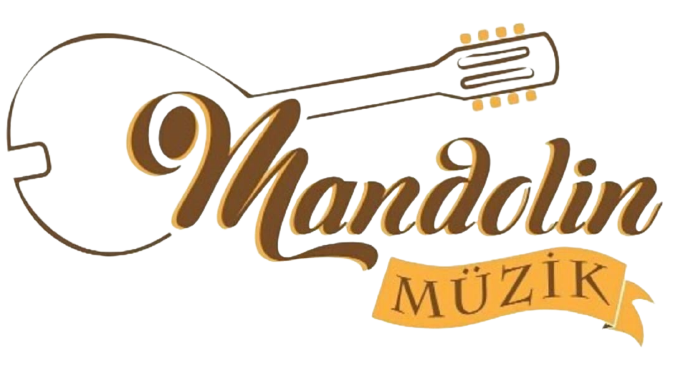While many of these tools have been around for years, their continued evolution ensures they remain vital. CI/CD (Continuous Integration and Continuous Delivery) is a software development method for regularly delivering apps to customers by automating various stages of app development. The key concepts of CI/CD are continuous integration, continuous delivery, and continuous deployment. Git tracks changes locally on your computer, while GitLab provides tools to host, collaborate, and manage your repositories. With Git, developers can create “snapshots” of their work at various stages, allowing them to revisit previous versions or histories of a project whenever needed. This versioning system is particularly valuable because, unlike many other VCS tools, Git enables multiple developers to work on different branches of the same project simultaneously.
- For anyone getting into coding I highly recommend learning to use Git as it is used by teams worldwide.
- If so, then understanding how a team works can help you decide if they are a good match.
- These services allow developers to design and develop CI/CD pipelines, apply automation to streamline development tasks, and facilitate faster software delivery.
Explore Solutions and Team Setup
Git’s flexible, distributed nature allows developers to collaborate more freely than with centralized systems. Every developer can contribute code to other repositories and maintain public repositories for others to build upon and contribute to. These days, most development teams use GitHub or GitLab and rarely ever standalone Git.
You just broke the main branch
Version control and collaboration tools have revolutionized software development. Among these tools, Git, GitHub, and GitLab are widely recognized, but they serve different purposes and cater to different needs. Here’s an in-depth comparison of these three tools to help you understand their differences.
It retains data integrity
GitHub is good for small teams or individual developers who require collaboration tools, issue tracking, project boards, and community support. Because it’s easy to use and integrate with other tools, the platform is often chosen when managing projects with smaller teams. GitLab is a repository hosting manager tool developed by GitLab Inc and used for the software development process. It provides a variety of management by which we can streamline our collaborative workflow for completing the software development lifecycle. It also allows us to import the repository from Google Code, Bitbucket, etc.
- GitLab is another web-based Git repository manager that provides features similar to GitHub, but also expands further into the realm of DevOps lifecycle management.
- Git is an open-source version control system that lets developers save snapshots of their codebase.
- As a result, the main branch is always ready to deploy, and any changes can be rolled back.
- We use DevOps automation, tools, and processes to streamline each stage of development, ensuring continuous integration and continuous delivery to provide better software faster.
- GitHub’s active community and extensive features make it a powerful tool for developers of all levels.
Overview of GitHub
GitLab was originally created as an alternative to GitHub, but over time, it has evolved into a robust platform offering various plans and enhanced features. Git provides basic security features such as user authentication and access control to protect the codebase from unauthorized access. It allows developers to set up permissions for different users and restrict access to certain branches or repositories. GitLab, on the other hand, offers more advanced security features such as two-factor authentication, audit logs, and role-based access control.
This is an open-source version control system, also known as a VCS, that allows you to save your work and keep track of changes. You may have heard the terms version control system, Git, GitHub, and GitLab. These are important concepts to understand when you’re trying to create a more refined and collaborative development process. Git and GitLab are both version control systems that are used for managing and tracking changes in code repositories. When it comes to picking the best platform for your needs, it’s important to consider what features matter most to you. Whether you’re looking for something simple or a tool with advanced capabilities, we’ve got you covered.
It should reveal the rationale you had, telling the story of how you end difference between git and gitlab up with that final code. Git has changed the naming conventions to be more language-inclusive, and so you should change. Our development tools, like GitHub and GitLab, already supports the change.
In that way, GitLab offers a more complete, all-in-one platform without requiring integrations. Git is crucial for developers because it provides a flexible way to manage code changes. It allows multiple developers to work on the same project without stepping on each other’s toes. Version control is essential for any team that wants to develop features in parallel and ensure code quality. Git’s open-source nature also means you can set up your own servers, making it a versatile tool for any development environment.
GitHub Actions provides a powerful framework for running automated workflows. CI/CD (Continuous Integration/Continuous Deployment) capabilities streamline the development process. For example, you can automate builds and tests whenever code is pushed to the repository. GitLab, conversely, was designed as a feature-rich platform alternative to GitHub.
As seen above the graphical interface is a big help when looking at differences (“diffs”) between branches and has additional features such as commenting (and emojis). SourceLevel deals very nicely with repositories that changed the master branch to a more appropriate word. Besides, you can use the grep linter the look for exclusive terms contained in the source code. GitHub’s active community and extensive features make it a powerful tool for developers of all levels. Despite its many advantages, GitLab does have some drawbacks, such as a slower interface and frequent bugs. However, its comprehensive feature set and flexibility make it a strong contender in the version control software market.
